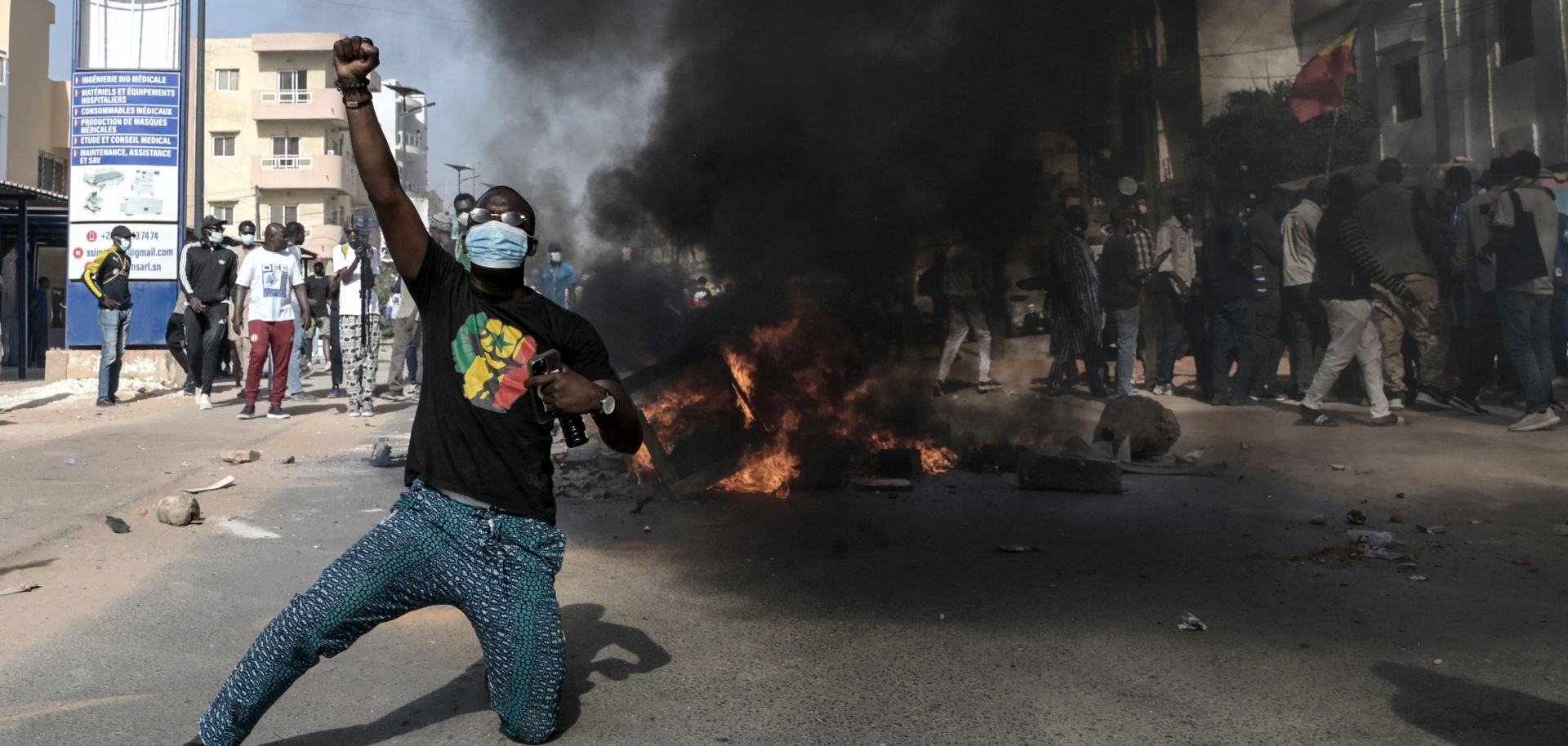In Senegal, heightened political uncertainty and claims of ruling party electoral interference will likely trigger recurrent bouts of unrest, increasing investor hesitancy and further constraining the ability of the Economic Community of West African States (ECOWAS) to enforce regional democratic norms. The Senegalese National Assembly voted on Feb. 5 to postpone the presidential election originally scheduled for Feb. 25 until Dec. 15, and to allow President Macky Sall to remain in power until the election (despite his term technically ending on April 2). This follows weeks of speculation about potential election delays, and amid accusations from the opposition that the government was abusing its power. The announcement sparked condemnations of an ''institutional coup d'etat'' from opposition parties and violent unrest in the capital Dakar. Over a dozen opposition candidates have agreed to unite to contest the delay, with representatives saying that legal challenges and mass unrest were ''on the table.''...

